|
Navigating the world of Erasmus+ applications can feel like venturing into a labyrinth, full of complex terminologies and critical decision points. It's easy to get overwhelmed and even lost. However, having a practical guide can make all the difference.
At Primera, we are excited to announce our latest release – "Erasmus+ KA1: Practical Tips for Creating High Quality Applications" – a comprehensive Handbook designed to help Erasmus+ coordinators take their project applications to the next level. Drawing from a decade of experience as an Erasmus+ course provider and our interactions with national agencies across Europe, we've distilled the wisdom we've acquired into this user-friendly guide. The Handbook is packed with practical tips, carefully explaining everything from distinguishing between different impact indicators and learning outcomes to asking the right questions when drafting your Erasmus+ plan. Why did we create this Handbook? We wanted to answer the burning questions many schools have. A lot of dedicated coordinators find it tough to turn their brilliant project ideas into clear and convincing Erasmus+ applications. They may find it tricky to explain their projects, understand the Erasmus+ terminology, or set out clear plans for their project's impact. It's all based on real-life examples we've come across in our work. Key topics included:
But our Handbook is more than just a guide - it’s an invitation! We invite you to consider Primera courses when you're planning your mobility projects. Our aim is to enhance your project quality and give your participants an enriching learning experience. Beyond that, we encourage you to join our vibrant communities:
Embarking on an Erasmus+ journey is not about racing to the finish line; it’s about learning, evolving, and making an impact along the way. And we’re here to support you in your ambitious efforts. A free handbook with teaching cases, exercises, and implementation hacks. Engage your students through flipped learning. Read the book if you want to:
Flipped classrooms are more and more used among teachers of different educational levels. The word flipped implies the replacement of traditional schoolwork and homework. In a flipped classroom, the teacher facilitates student collaboration and problem solving at school. At home, students watch teacher instruction using different digital tools and videos and complete reading or some other type of learning activity. Although the use of flipped methodology is increasing, many teachers still hesitate because of the belief that a teacher needs high ICT skills in order to flip the class. With the Flipped Classroom Handbook we show that high digital skills are not necessary. Many low technology activities create an engaged flipped classroom with real life problems which motivate students for learning. To help teachers implement a flipped classroom in a flexible way with respect to their level of professional development we developed three ways of flipping the class: Moon, Mars, and Jupiter. The three ways help teachers and students become accustomed to a flipped classroom gradually in order to prevent technology overwhelming either teachers or students. The handbook is a result of an international partnership under the FACTIVE project, KA2 – Cooperation for innovation and the exchange of good practice, KA202 - Strategic Partnerships for vocational education and training, Grant Agreement: 2020-1-PT01-KA202-078344. The FACTIVE project aims to enhance the quality and relevance of the learning offer in Textile and Clothing VET training by developing an innovative learning approach to improve the level and the assessment of learners’ competences and equalize the VET training quality to the modern, creative and innovative needs of the current Textile and Clothing industry in Europe.
FREE WEBINAR with Dr Albert & Leonida Mrgole, therapists and parents of four children. Date: 8 November 2021 at 20:00 Central European Time (Brussels Time) Location: Live streaming on Facebook page Erasmus+ Courses by Primera and YouTube channel Erasmus by Primera. Adolescence is the last period before adulthood. In this period, children are developing mentally, physically and emotionally. It is not an easy task for them, so it is very important that they have us parents for support. Parents who wouldn’t fall even in the strongest hurricane. That's why it is especially important that we, as adults, maintain a connection during this period. Even if we don’t always agree with our adolescents, even if they are cross lines and sometimes do silly things. In this webinar, we will talk about the experiences of parents, our own above all. You will learn:
The webinar is free of charge, held in English. Warmly welcome teachers and parents. Send this invitation to other parents who might be interested to join. Albert and Leonida, authors of the book Connect with Your Teenager, are successful and well known therapists in the field of parenting and family relationships. They organize numerous workshops for parents and couples. They have been working in this field for over 20 years and are known for leading unforgettable events. Albert has a PhD in sociology and studied psychology, doing fieldwork with marginal youth in a residential care institution. He developed a program for rescuing school dropouts, which received the European Innovation Award. He has been a practicing psychotherapist since 2003. Albert initially trained in systemic family therapy, and he and Leonida continued their studies with Imago clinical therapy techniques and began working as co-therapists. Leonida is a trained reflex therapist and learned about psychology and parenting techniques “in the field.” Also, check Primera's Erasmus+ Courses for teachers and trainers.
This year we still have two confirmed courses in Ljubljana, if you want to use your Erasmus+ grant by the end of the year. Join two interactive learning experience with supportive trainers.
Open Access Compendium | No Publication fee | Peer Review With the aim of promoting growth mindset pedagogy we will publish an open-access compendium of growth mindset teaching at the university level. With this Call we invite all the university teaching staff to send us their best practice examples.
A lot of university teachers are doing something that fosters students’ growth mindset. We kindly invite you to share such an example. To appreciate your effort, your example will then be published in the open-access compendium. Your participation and the publication will be completely free of charge. We hope that a lot of people will contribute to the compendium so that everyone who is interested in the topic of growth mindset teaching has access to an extensive and easily available collection of best-practice examples. All examples submitted to the GrowthMinds project are subject to peer review. This way, manuscripts receive expert feedback, allowing authors to improve their work. Deadline for submitting your case: 31 August 2021. We are available for any questions on the email [email protected]. Being a teacher or trainer is not only about lecturing facts to students or learners. By spending time with our students (either in person or online) we have a unique position to have a direct impact on different areas of their lives. This is especially relevant in cases where students/learners do not have good role models in their lives. It is important they have someone who connects with them and supports them also in the process of learning and developing emotional and social skills.
The high prevalence worldwide of stress among young people, the small rise in life satisfaction, and the synergy between learning and pleasant emotions all argue that teachers and trainers need to focus also on teaching the skills of emotional intelligence and ability to establish emotional balance. We need teachers and trainers who can strengthen learners’ ability and skills to perceive, recognize, understand, and manage emotions as well as their ability to connect with others in a supportive and meaningful way. The new Erasmus programme 2021-2027 has been launched. Important deadlines:
The Erasmus+ Programme Guide published on 25 March 021. Download the new Erasmus+ Programme Guide here:
Our trainer Milica Vukadin is really productive with creating various useful content for digital education. In this Padlet you can find 32 different formative assessment activities.
Thanks to Marta Torreiro, a participant of our international learning community, all the activities also have a Spanish translation. Access the Padlet with all the activities here and try them in your digital or face-to-face classroom. On the Erasmus+ teacher training course From Distance to Blended Learning we devote one whole day to formative assessment in a digital education. Join, practice and get new ideas for your subjects. In this blog we just want to remind that the root cause of students' drop-out lies in their unfulfilled psychological needs. They don't see school as a secure place, in which they would feel appreciated.
Every school can build their capacity to reduce drop-out and prevent early school leaving. Robert Reasoner developed a useful framework, which can remind us on different perspectives when thinking about early school leaving. In developing tools and activities to prevent early school leaving we will be successful, if we address all the psychological needs (Reasoner's framework):
Psychological needs and participative learning methods are at heart of our Erasmus+ course on preventing early school leaving. Check the course programme and apply to build your school capacity for working with students at risk of dropping out. In this blog you will find a link to a rich resource pool of tools to prevent early school leaving of students. The tools are available in 4 different languages.
The Cross-sectoral Cooperation Focused Solutions for Preventing Early School Leaving (backronym: CroCooS – Prevent Dropout!) was an international project aimed at preventing dropout. The general aim of the CroCooS project was to contribute to the specification and the applicability of an institutional early warning system (EWS) for preventing early leaving from education and training, by identifying elements of EWS. The projected resulted in a rich resource pool for teachers, counsellors and headmasters who want to build their school capacity to reduce early school leaving. Find resources in 4 languages: English, Hungarian, Serbian and Slovene:
Find resources on the project webpage here: CroCooS. In the Erasmus+ Key Action 2 entitled CREATOR we contributed in preparing teaching materials for teachers and learning workbook for students.
Completely open handbook is available in 6 different languages: English, German, Italian, Croatian, Romanian and Slovene. Get the handbook here. Entrepreneurship education has long been focused on a theoretical approach, preparing a thorough business plan and development of a company in the office. In the last decade, there has also been a shift, towards a more experiential approach in this field, based on developing ideas, practical methods, and tools, fieldwork and development of a business model. The experiential teaching of entrepreneurship has the potential to bridge the gap between the worlds of education and work. The handbook is designed as a teaching material that enables teachers and trainers to use experiential methods and tools to teach their students and mentees how to develop and start implementing their business idea. It is prepared in a way that everyone can use it to guide, train or mentor young people and job seekers, to help them develop an entrepreneurial mindset and enable them to enter the job market as more qualified employees or as a self-employed person, an entrepreneur. We believe that young people have the potential to successfully solve current and future challenges in the world. We just need to provide assistance and guidance based on a practical, experiential approach. This handbook was developed within the scope of the project “CREATOR – Experimental Approach to Teaching Entrepreneurship through Workplace Training”. The methodology, practical activities and didactical material for teaching entrepreneurship presented in this handbook were tested and validated at the train-the-trainers entrepreneurial training, led by STEP Institute in April 2018 in Ljubljana, Slovenia. It enabled teachers and trainers to practically experience the whole process in order to ensure that they will all use the same approach to the implementation of local training with teachers and students in their countries. However, the handbook is written in a way that it can be easily understood and used by anyone who works with students (or other individuals) and who is at least a little bit interested in entrepreneurship. Peter Drucker said: »Entrepreneurship is neither science nor art. It is a practice.« And practice makes perfect. |
primeraWe empower teachers so they can do their job best. Categories
All
LINKSPrimera's practical handbook for writing high quality Erasmus+ mobility projects.
Pan-European Conference on Digital Education Facebook Community. Primera's FB page. Work with us on Erasmus+ KA2 projects: STEP Institute. |
||||||||||||
Erasmus+ by Primera for teachersErasmus+ courses by Primera are dedicated to teachers who value evidence-based and practice-driven training in highly interactive international atmosphere.
OID Ljubljana: E10091479 OID Vienna: E10298896 E: [email protected] T: +386 1 320 28 43 Privacy Policy |
Navigation |
Stay tuned! |
© 2020 Skupina Primera Ltd. All rights reserved.


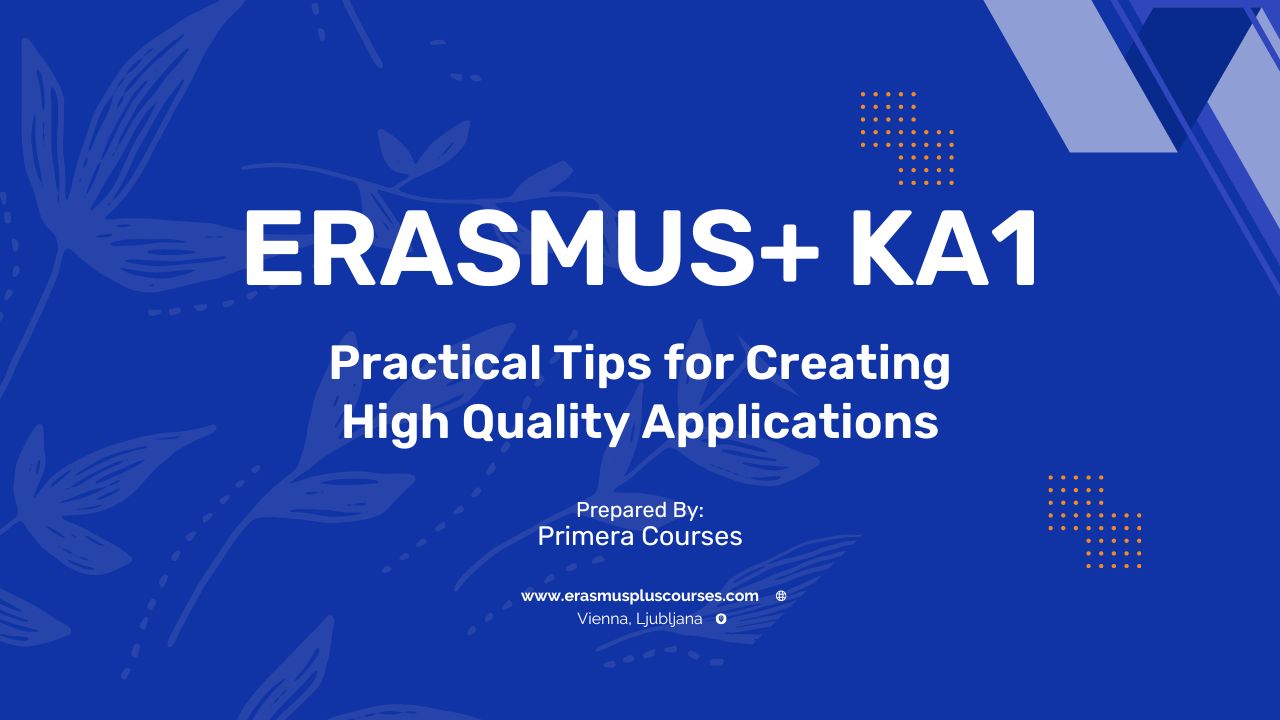
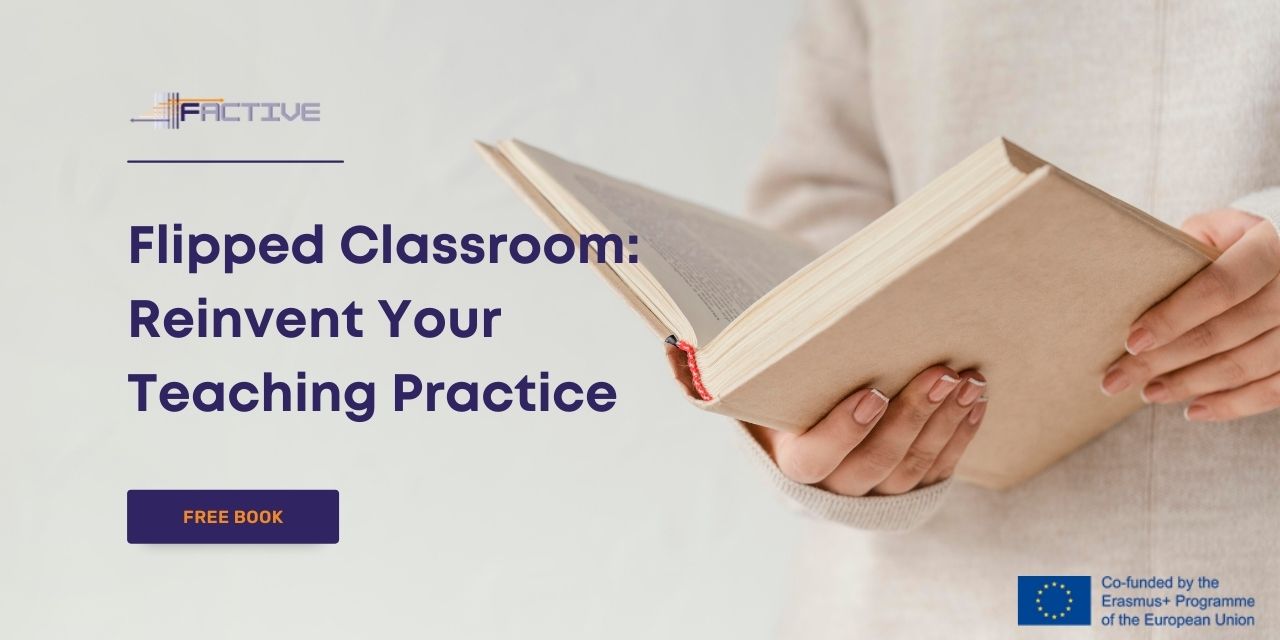


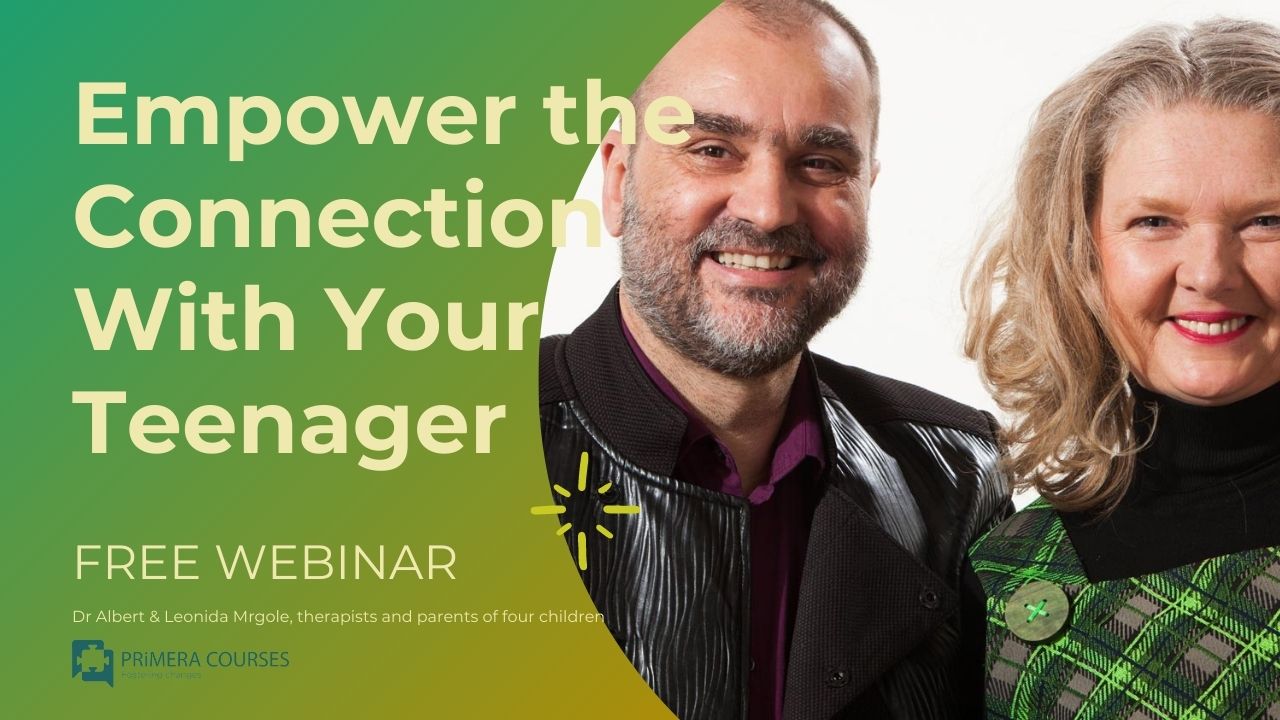
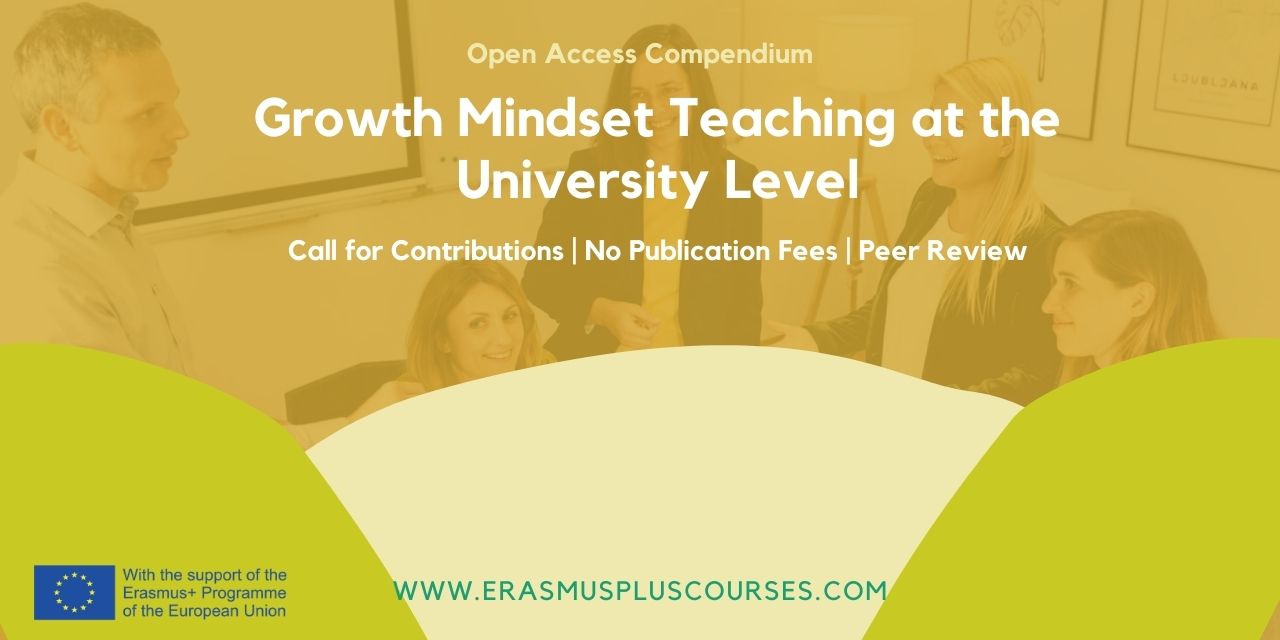
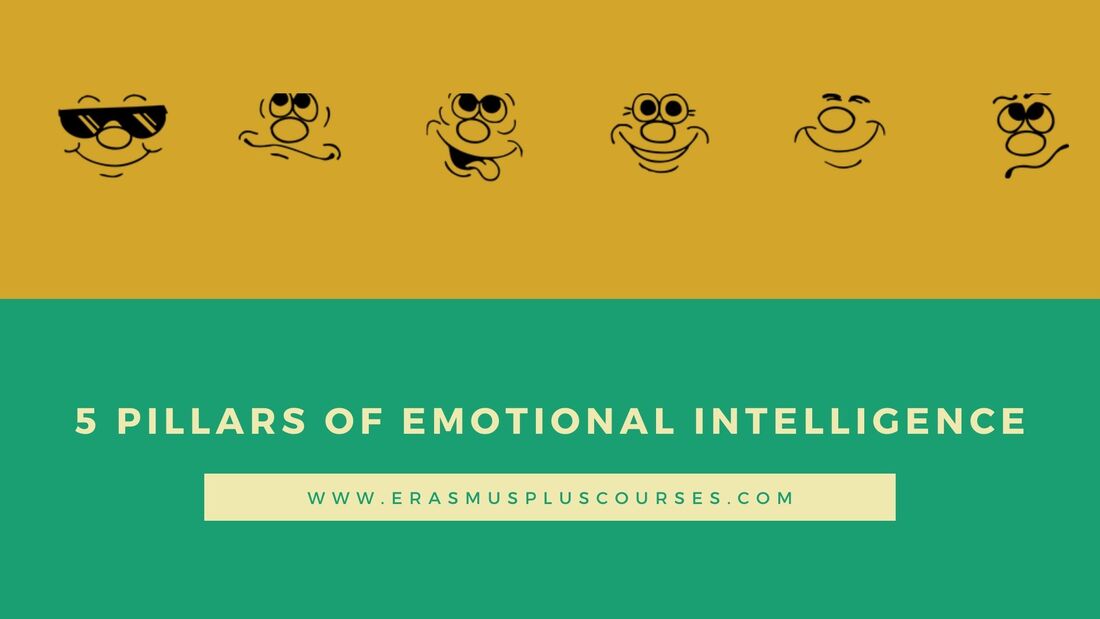
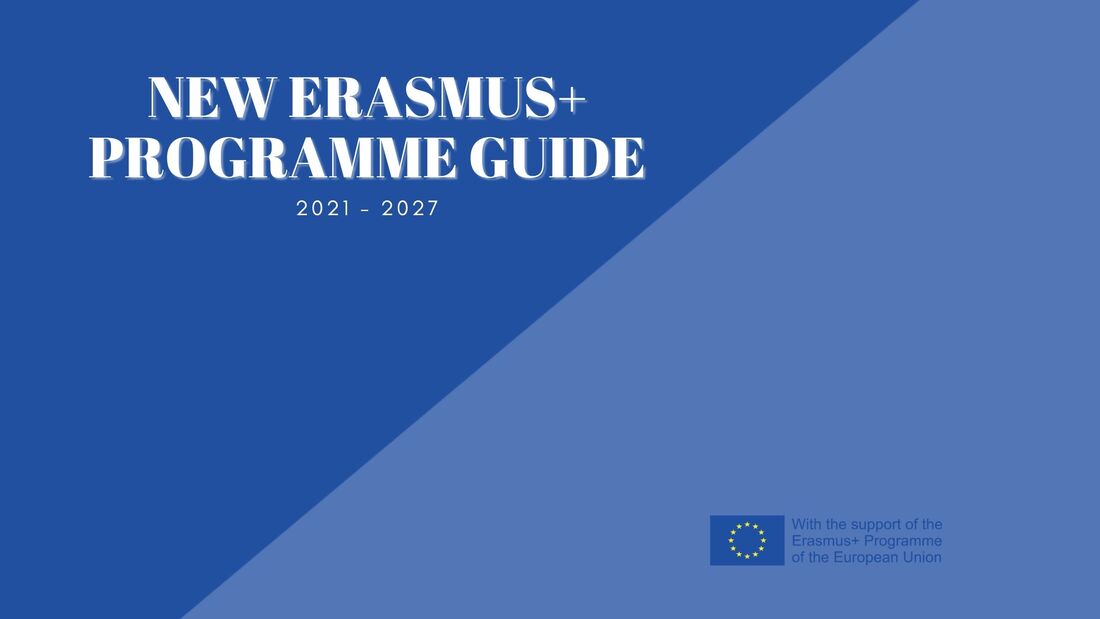
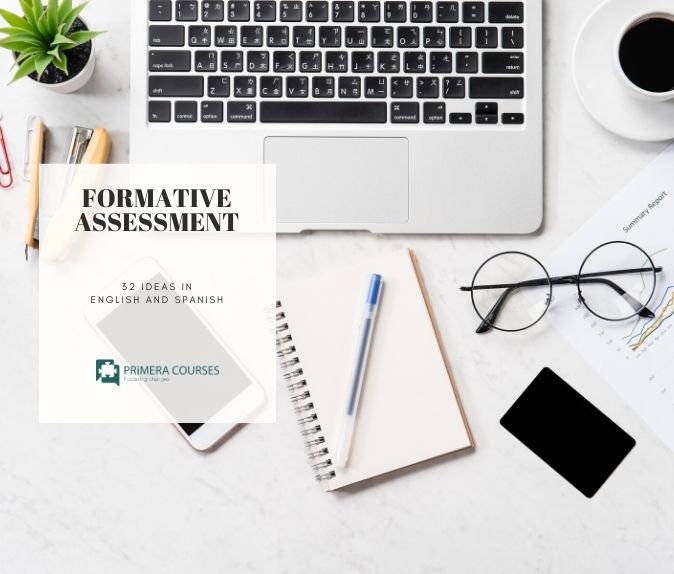
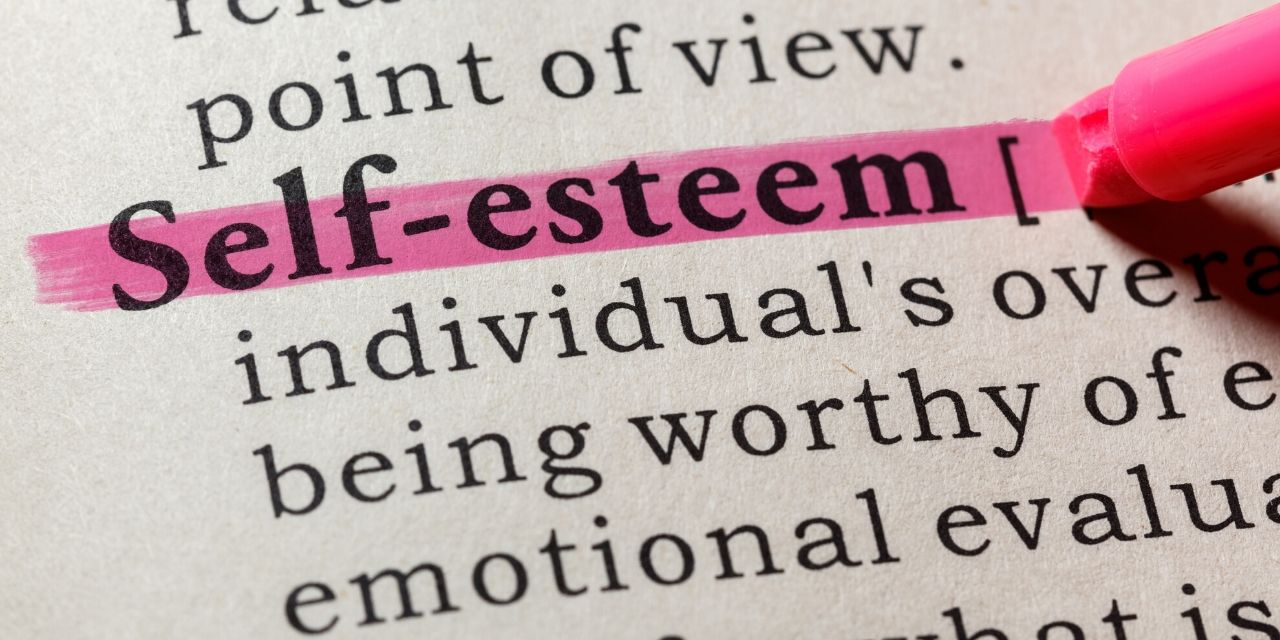

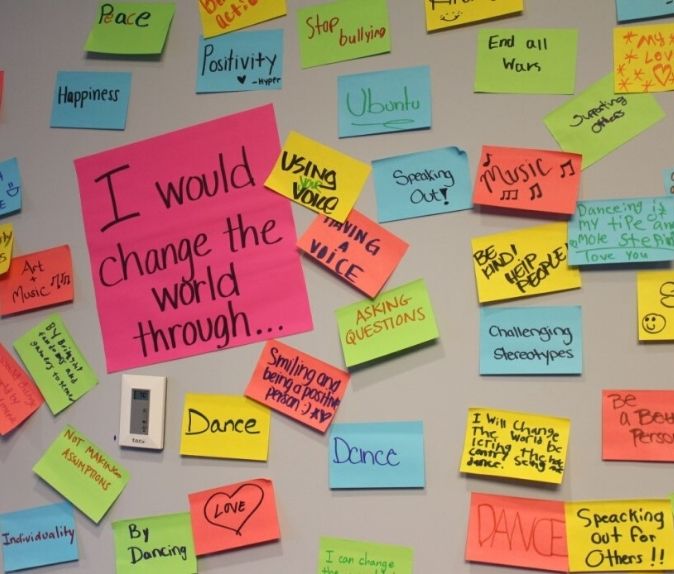
 RSS Feed
RSS Feed